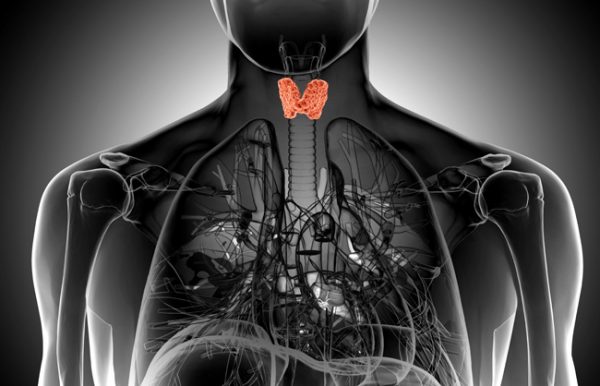What are the various tests that can diagnose hypothyroidism? Lack of energy, constipation and weight gain are just some of the many symptoms people with hypothyroidism experience. Hypothyroidism, like hyperthyroidism, occurs when the thyroid gland fails to secrete the necessary supply of hormones. While in hyperthyroidism it secretes more hormones than necessary, in case of hypothyroidism it ends up secreting low supply of hormones. Hypothyroidism, also referred to as an underactive thyroid, can cause numerous health problems if left untreated. Even though its symptoms may not be very obvious in the beginning, they start showing up as the condition worsens. Therefore, to get a test for hypothyroidism is important if you find yourself suffering from any of the following symptoms:
[sc:Adsense468x60 ]
- Dry skin
- Puffy face
- Elevated cholesterol levels
- Depression
- Unexplained weight gain
- Constipation
- Fatigue
- Impaired memory
How Do They Test For Hypothyroidism?
TSH Test
It was not that easy to diagnose hypothyroidism in the past until the symptoms had fairly advanced, but now it is possible to diagnose an underactive thyroid much earlier by measuring the levels of TSH in your blood. TSH stands for thyroid stimulating hormone. Our pituitary gland stimulates the release of thyroid hormones in our body through TSH. So, it is quite obvious that the first line of test for hypothyroidism is based on your blood TSH levels. It is through a blood test that your TSH levels are measured.
[sc:Adsense336x280 ]
A level of 0.4 (mU/L) is considered to be normal. A measurement of 2.5 means you are at risk. A level of 4.0 indicates mild hypothyroidism and a level of 10.0 means you are indeed hypothyroid. Please note that the given numbers are all measured in milliunits per liter and may vary slightly from lab to lab.
TSH tests are considered to be very sensitive and accurate, and can help doctors diagnose even the mildest form of hypothyroidism.
T4 Test
While TSH tests are indeed very helpful in diagnosing hypothyroidism, but still even a normal TSH level does not always rule out the possibility of a person being hypothyroid. Now if your TSH levels came out normal, but still your symptoms point to hypothyroidism, you would be tested for your levels of free T4 to make sure that you are/or not hypothyroid.
However, as a general rule, if you are indeed hypothyroid, your TSH levels would be high and your T4 levels would be low.
Anti-thyroid Microsomal Antibodies Testing
There are these antibodies called anti-TPO, or anti thyroid peroxidase. These antibodies are produced by our immune system and are known to attack the thyroid cells in some cases. If your blood test comes out positive for these anti-bodies, it may mean that your thyroid cells have been damaged resulting in underproduction of thyroid hormones. However, this test is relatively uncommon and if your general physician deems it necessary, he would refer you to a specialist.
Conclusion
If you think you may be at risk for hypothyroidism, or even if you don’t think, it is always wise to get yourself routinely checked for the same. Diagnosing this condition early can actually successfully put you on a successful treatment path.
































